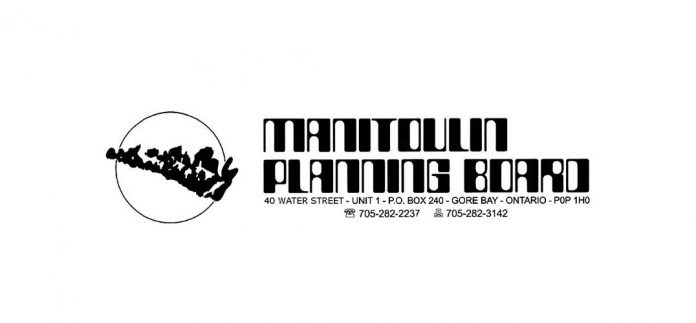While Central Manitoulin seeks custom solution
CENTRAL MANITOULIN—Faced with a looming deadline to close their only remaining landfill site and rising costs to ship waste off-Island, Central Manitoulin council decided at its January 12 meeting to reach out to neighbouring municipalities to provide temporary respite while they work on an alternative solution.
A motion, moved by Councillor John Bisaillon and seconded by Rose Diebolt, “that the municipality send letters to NEMI, Billings and Tehkummah to gauge the willingness of their councils to receive waste from Central Manitoulin on a temporary basis for a negotiated fee” was carried on a recorded vote requested by Councillor Derek Stephens.
Councillor Stephens maintained that the motion was, in his opinion, “a waste of time” as most of the neighbouring communities were facing landfill challenges of their own.
Councillor Rose Diebolt agreed with Councillor Stephens, while the remainder of the council, including Mayor Richard Stephens felt the option was worth exploring while the municipality was working on an alternative.
“I think our staff has enough to do,” said Councillor Stephens. “Other municipalities are in the same boat we are. I don’t think we have time for the other municipalities to change their certificate of A. This is just a redundant thing.”
“I used the Tehkummah landfill for 28 years and, you know, we are closed down and I am surprised they haven’t been,” said Councillor Diebolt.
Councillor Bisaillon suggested that, given the high cost of trucking off-Island, the option of sounding out the other municipalities would be due diligence.
Councillor Brian Mitchell said that, while he was leaning toward Councillor Stephen’s point of view, he was willing to give it a try.
“The only reason I was in favour of seeing an approach made to other municipalities is that we have already approached them on a side deal,” said Mayor Richard Stephens, referring to a plan to build a gasification plant in the community that could see waste from across the Island turned into energy. “See if they can help us out” as part of a reciprocal deal.
In the recorded vote Councillors Bisaillon, Linda Farquhar, John Mitchell and Dale Scott voted in favour of the motion along with Mayor Stephens, while Councillors Diebolt and Stephens voted against.
In other waste-related debate, council passed a motion to work with Foodcycle Science on a graduated implementation of its Home Composting Plan to a limit of 500 units. Councillor Stephens suggested that staff should explore the possibility of obtaining larger units that would be suitable for commercial operations. “That is the vast majority of the waste in our community,” he said. “It would make a lot more sense.”
The Home Composting Plan involves domestic units that dehydrate compostable material down to a fraction of its size and weight, making the resulting product smaller in volume and weight. An important consideration when waste is being transported to a distant disposal site.
“I agree with Derek, maybe we could not do the 500 and get some larger units that could do the hospital and Foodland,” said Councillor Diebolt. Councillor Bisaillon agreed with the idea of reaching out to commercial and institutional producers.
CAO Denise Deforge noted that staff have already reached out to commercial operators to gauge interest.
Councillor Diebolt noted that since the municipality would be saving considerable amount of money due to the diversion of waste, “why couldn’t we offer some of that money to help them with the cost?”
The motion passed without dissent.




